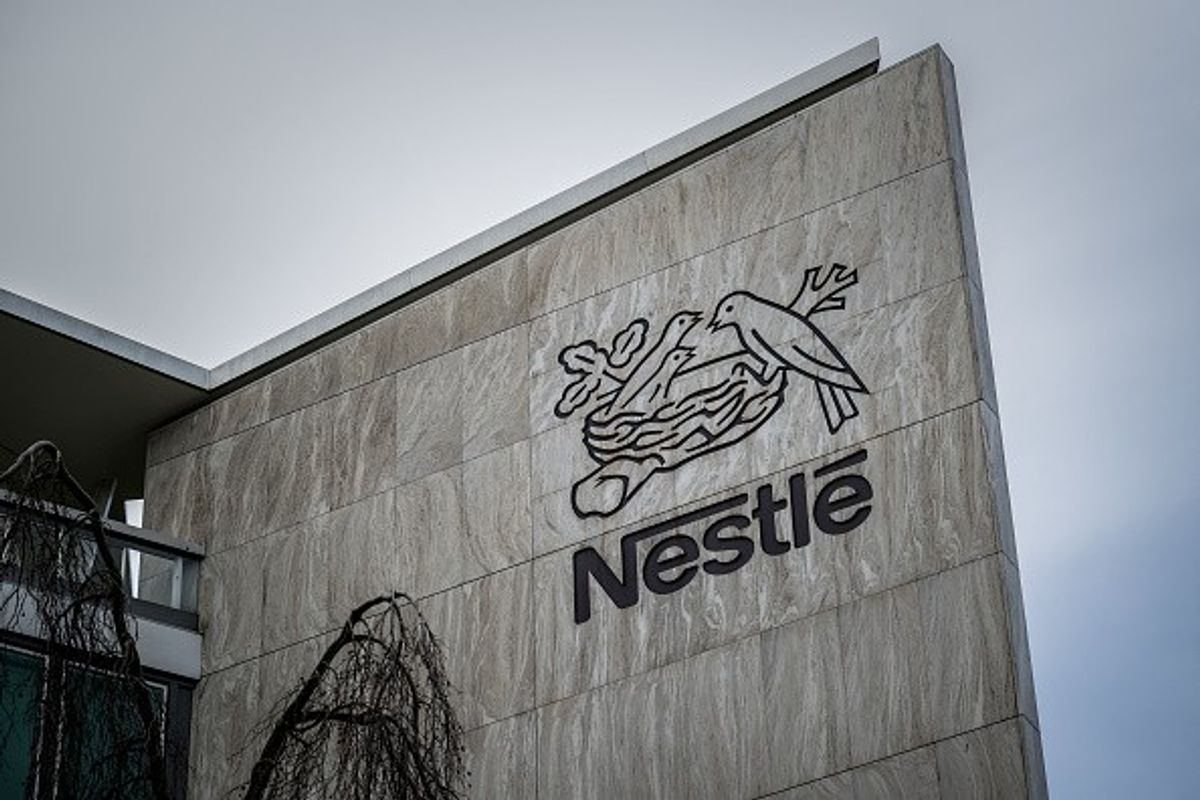World’s largest food company and infant formula pioneer Nestle is shifting focus on ageing population, its chief executive Mark Schneider has said, stating that feeding ageing populations had become a major priority amid dwindling birth rates around the globe.
“You’re seeing there is a longer term secular trend towards globally lower birth rates,” said Schneider. “The 50+ age group in most countries around the world is going to increase significantly over the next 10 to 20 years. With that, and with the specific nutritional needs of that age group, there is an opportunity for us.”
Schneider said the company was focused on developing products that directly address the concerns of ageing populations, including maintaining a target weight, preserving muscle mass, avoiding micronutrient deficiencies and controlling blood sugar levels.
“We’re not walking away from what we got started on, which is infant nutrition,” added Schneider, who in 2016 became the first ever outsider to be appointed to the helm of the Swiss multinational.
“But we do see that in most economies around the world, the bigger demographic opportunity is among the middle aged and elderly," Financial Times quoted Schneider as saying.
The opportunity in providing nutritional products for ageing populations intersects with the opportunity presented by the growing uptake of obesity drugs, he added.
“When we talk about healthy ageing in humans, it is not only longevity but also about improved quality of life in your later years,” he said.
Apart from products made for ageing population, Nestle is also focusing on pet market.
“As you become beholden to a particular pet, you want to preserve its lifespan as much as possible and avoid any medical issues.”
The company sells a smart litter box system for cats, which can detect health conditions based on the animal’s behaviours and weight changes.
Schneider said premiumisation in wealthier markets, where pets are increasingly seen as fully entitled household and family members, was still driving growth in pet food and petcare sales. The other driver was “caloric conversion” in emerging markets, he said, where people were switching away from using household food waste to feed their animals dedicated pet food.


